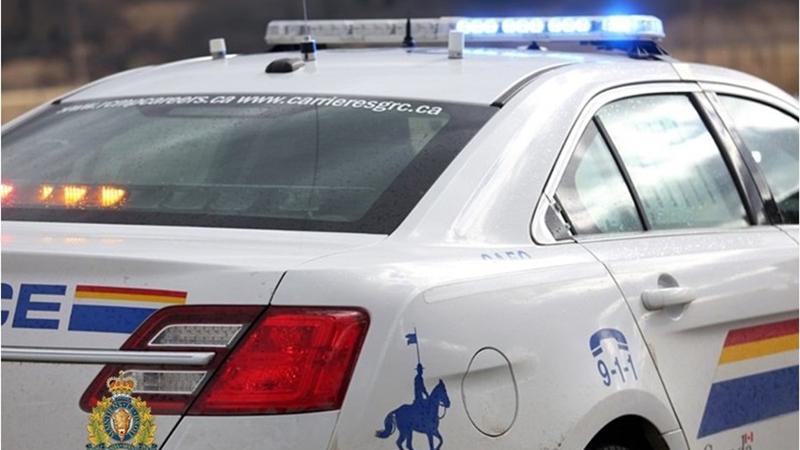
Man dies from suspected carbon monoxide poisoning
KELOWNA, B.C. — Emergency officials say a death in Kelowna points to the dangers of carbon monoxide poisoning.
A 63-year-old man was found dead inside the trailer he was living in on Loughheed Road on Tuesday (Dec. 21). He was found by RCMP who were conducting a wellness check.
“There was a propane stove that was still burning and it appeared as though the man may have been using it to keep warm,” said Cpl. Tammy Lobb, media relations officer. “Preliminary investigation indicates that the man’s death is the result of carbon monoxide poisoning.”
The BC Coroners Service is investigating the circumstances of the man’s death.


